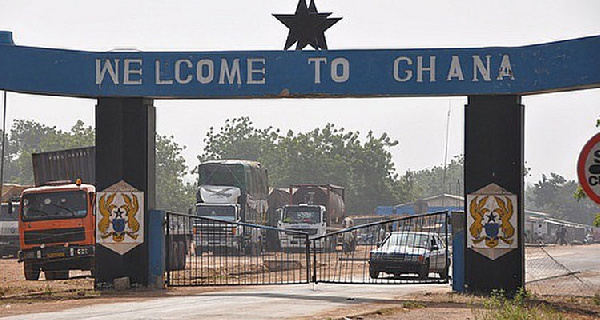The government has finally reopened its land and sea borders two years after closing such entry and exit points following the outbreak of COVID-19.
This was announced by President Akufo-Addo as part of measures to ease the restrictions brought on by the pandemic.
While speaking in his 28th COVID-19 national address on Sunday March 28, the President said:
“As from tomorrow, Monday, 28th March, all land and sea borders will be opened. Fully vaccinated travellers will be allowed entry through the land and sea borders without a negative PCR test result from the country of origin. Citizens and foreign residents in Ghana, who are not fully vaccinated, will have to produce a negative 48-hour PCR test result, and will be offered vaccination on arrival.”
President Akufo-Addo attributed the eased restrictions on the reduced number of active cases in the country.
He also cited the number of vaccinated persons and the advice of the national COVID-19 Taskforce and the health experts leading to the to revision of the COVID-19 restrictions, enacted under E.I. 64.
Ghana’s land, sea and air borders had been closed since the onset of the coronavirus two years ago as part of measures to prevent the virus.
The air borders were subsequently reopened amidst tight COVID-19 protocols and testing.
Some border communities in the country held demonstrations to demand the reopening of the land borders, suggesting that the closure is of no use as some persons continue to use the borders illegally.
In the heat of these, President Akufo-Addo said it was not the right time to reopen borders, amid a surge in COVID-19 cases.
The Ghana Health Service had also urged the government to keep the country’s land borders closed as part of measures to ensure that the Omicron variant does not spread.
The border opening will therefore come as a respite for the many stakeholders who had lamented the negative impact the situation had on the economy of border communities.





